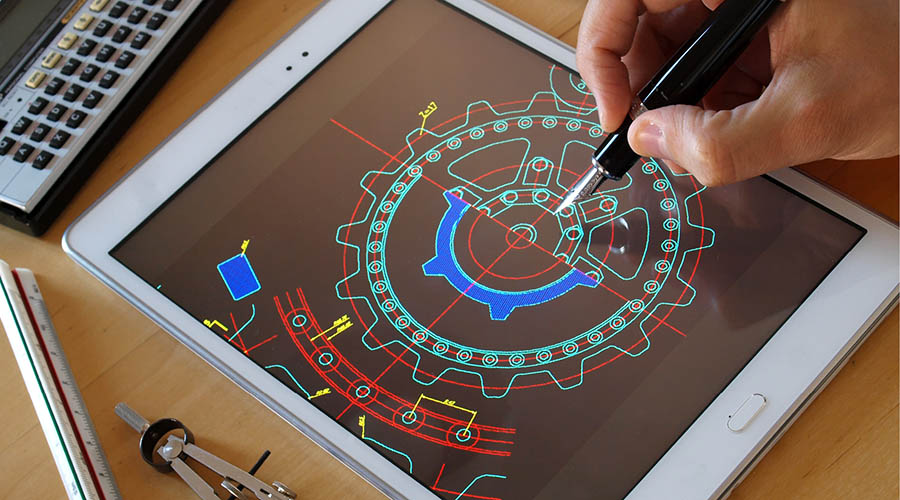
In Pune, we offer an integrated range of process design and engineering services as part of our TechAdroit service offering. For extraction, distillation, reaction, absorption, separation, and other unit operations, we offer end-to-end solutions that are highly regarded in the field. With the help of cutting-edge technology and an impeccable team of professionals, we have carved a niche for ourselves as one of the most reliable companies that provide process design services in the industry.
As Part of Our Process Design Services, We Offer the Following:

Experience and Expertise Are The Cornerstones of TechAdroit
It is no secret that TechAdroit is one of the most reputable engineering service companies in India with a passion and in-depth knowledge of automation at lab or plant level, The requirements for the equipment, the installation on-site, the calculations for the analysis, and the instructions for commissioning. We create manuals or documents that follow the protocol and adhere to the 3Q/4Q. In order to create and configure the models, control software, and simulate the processes, we use the most up-to-date software that is available on the market. As a result of providing personalized services, TechAdroit has emerged as one of the most trusted engineering service providers in India. All of our solutions are completely tailored to meet the needs and preferences of our clients, according to their needs and preferences. As a team, we strive hard to deliver the finest product within the scheduled time frame and to meet the highest quality standards.
The Design of Processes
First and foremost, a process is an abstraction that is used to communicate or to govern the flow of work. The definition of a process is an arbitrary set of related work items, which is also known as a work plan. A task is a piece of work that shows how value is created and what responsibilities are assigned. It is common for processes to be limited by the boundaries of an organization, especially when it comes to setting responsibilities. In addition, they can span several organizations whenever the value is derived from collaborations between them. Due to this, the way processes are defined does not have any impact on the quality of the work that is completed. The nature of processes is contextual in nature. Data-centric organizations are defined by the boundaries of their organizations, which define their context. There should be an awareness of previous events within the context of tasks performed by actors. The communication of information between its actors should not be described by a process. Information flow has nothing to do with workflows. Workflows have everything to do with workflows.
Thirdly, workflows should not repeat the same steps repeatedly. An event should be triggered by a context event when a task within a process needs to be carried out. It is critical to recognize that even if a manager requests this work, it must come from a specific event. There is no difference between the claim of an actor or the assignment of a manager in terms of the process.
I think it is also pertinent to note that the level of detail of the process, as well as the level of granularity of the tasks, is determined by the value created by the process, as well as by the underlying organization that is defining the process. The way a task is performed is a black box from the perspective of the process. This is because the impact of the way this task is performed on the process value creation is not considered to be significant. Despite this, it is inevitable that a task must eventually be completed by a person or a group of people working together within the framework of a unit within an organization. If such a person or organization unit does not exist (note that if it does not exist it means that the process is not describing existing workflows but designing future ones), there will be organizational impacts to be expected or the task will need to be split accordingly to ensure process implementation.